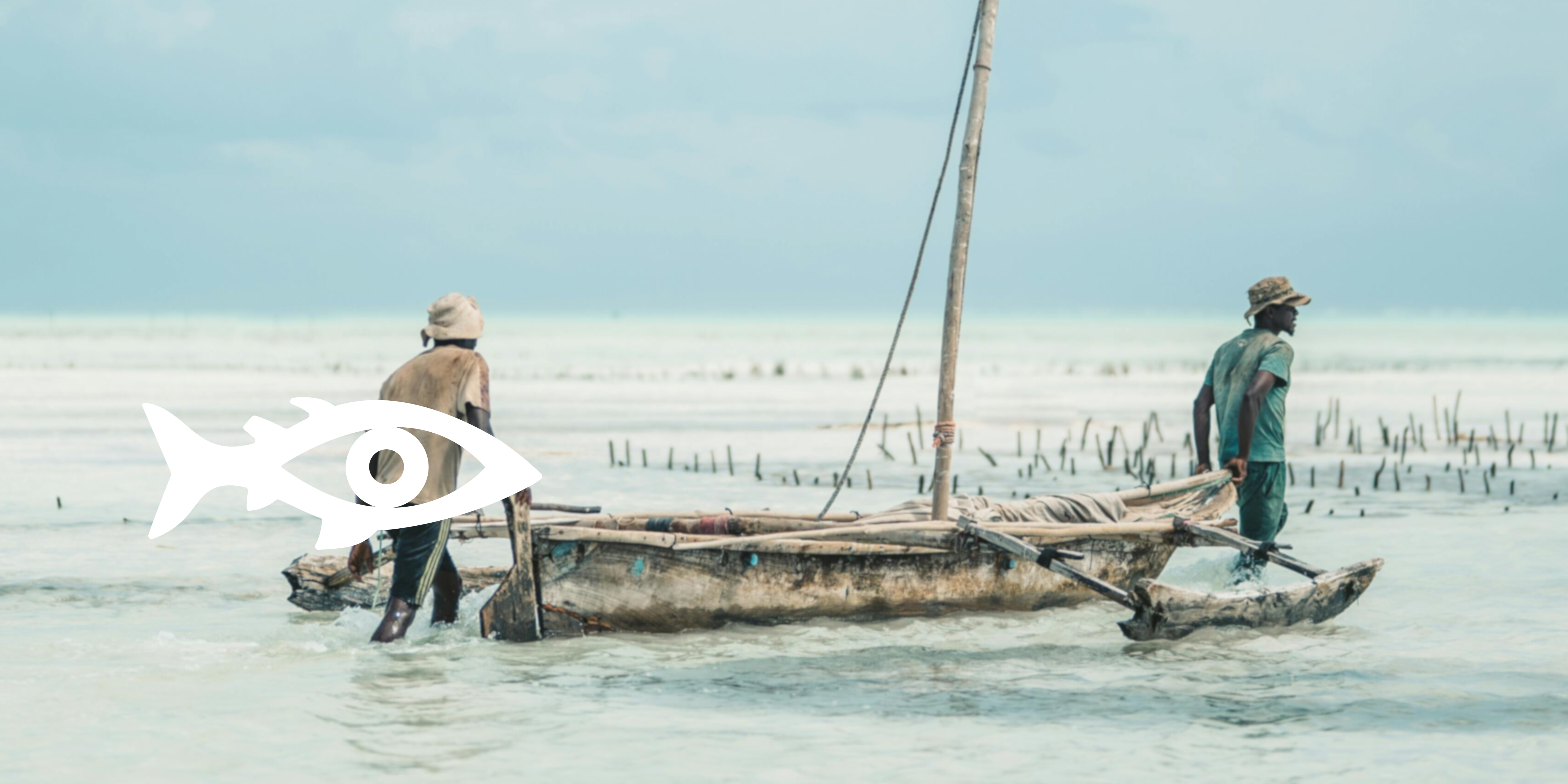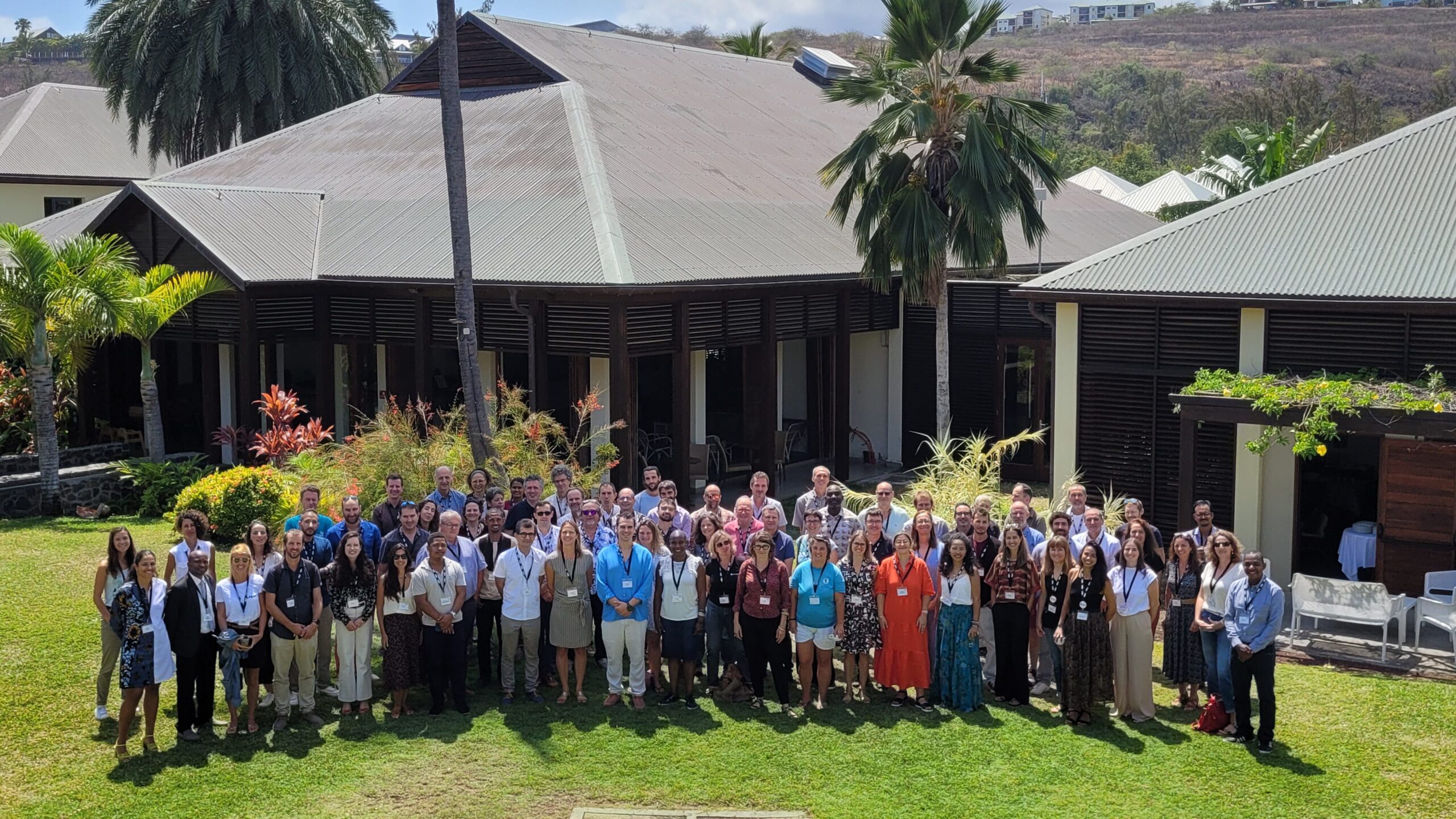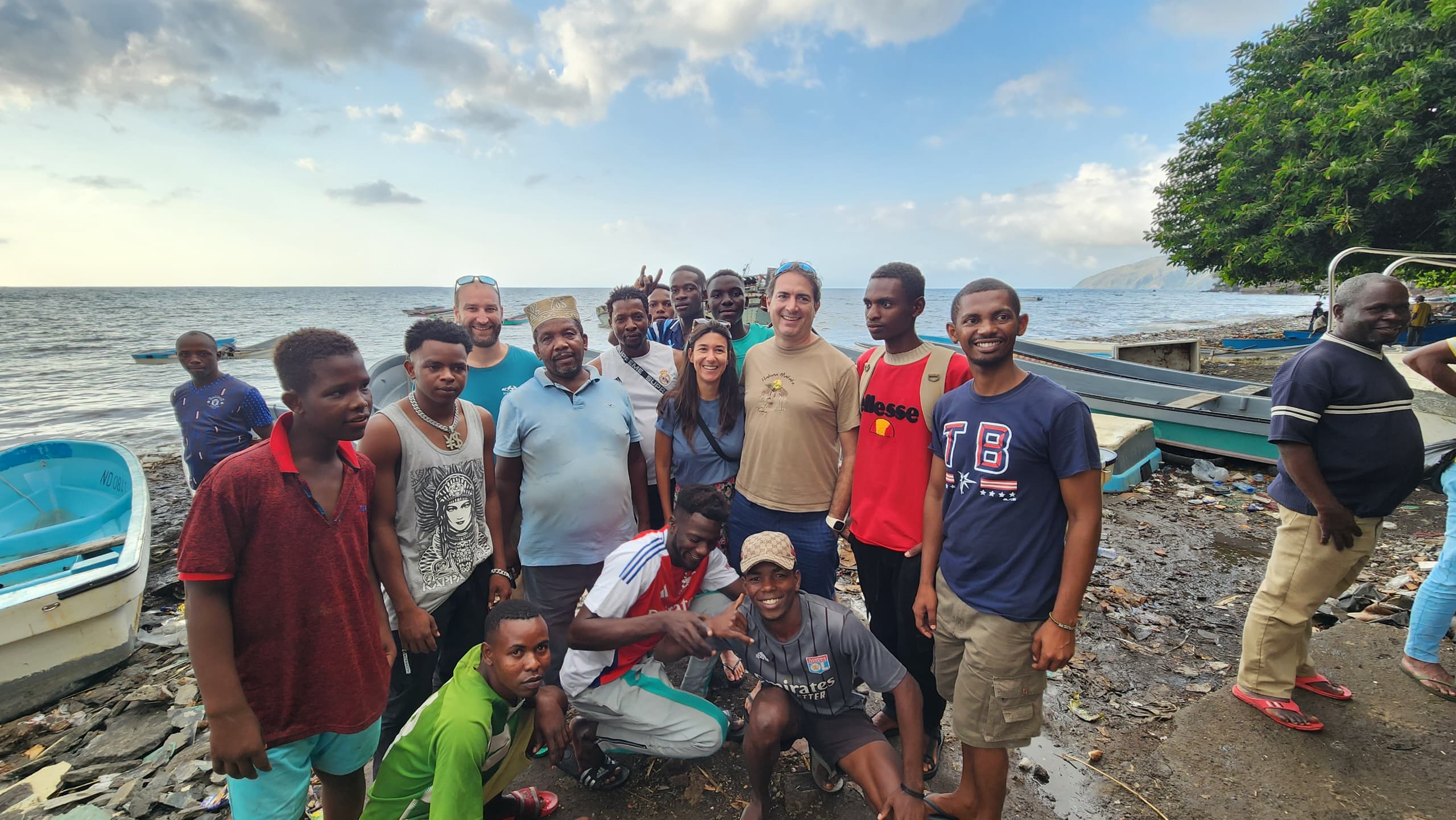
BRIDGES RESILIENCE visit to Comoros
From September 29 to October 16, 2024, a BRIDGES-RESILIENCE team comprising Quentin Schull, Mariana Tolotti, Thomas Claverie, and Nadjim Ahmed Mohamed met with numerous key stakeholders in the Comoros. This visit aimed to present the BRIDGES program, discuss the activities of these stakeholders, and explore opportunities for collaboration.
A Comprehensive Program of Meetings and Exchanges
During this mission, 16 institutions, 3 NGOs, 2 associations, and groups of local fishers were consulted, representing approximately 67 participants (full list at the end of this page).
These exchanges helped strengthen the ties between the University of La Réunion and the University of the Comoros, notably through the launch of the Capacity sharing activities with a lecture on functional ecology. The lecture, delivered by Thomas Claverie, illustrated a practical application of community ecology along a biological gradient. The case study focused on changes in fish communities along depth gradients in Mayotte, Juan de Nova, and Europa.
The importance of fisheries in the Comoros
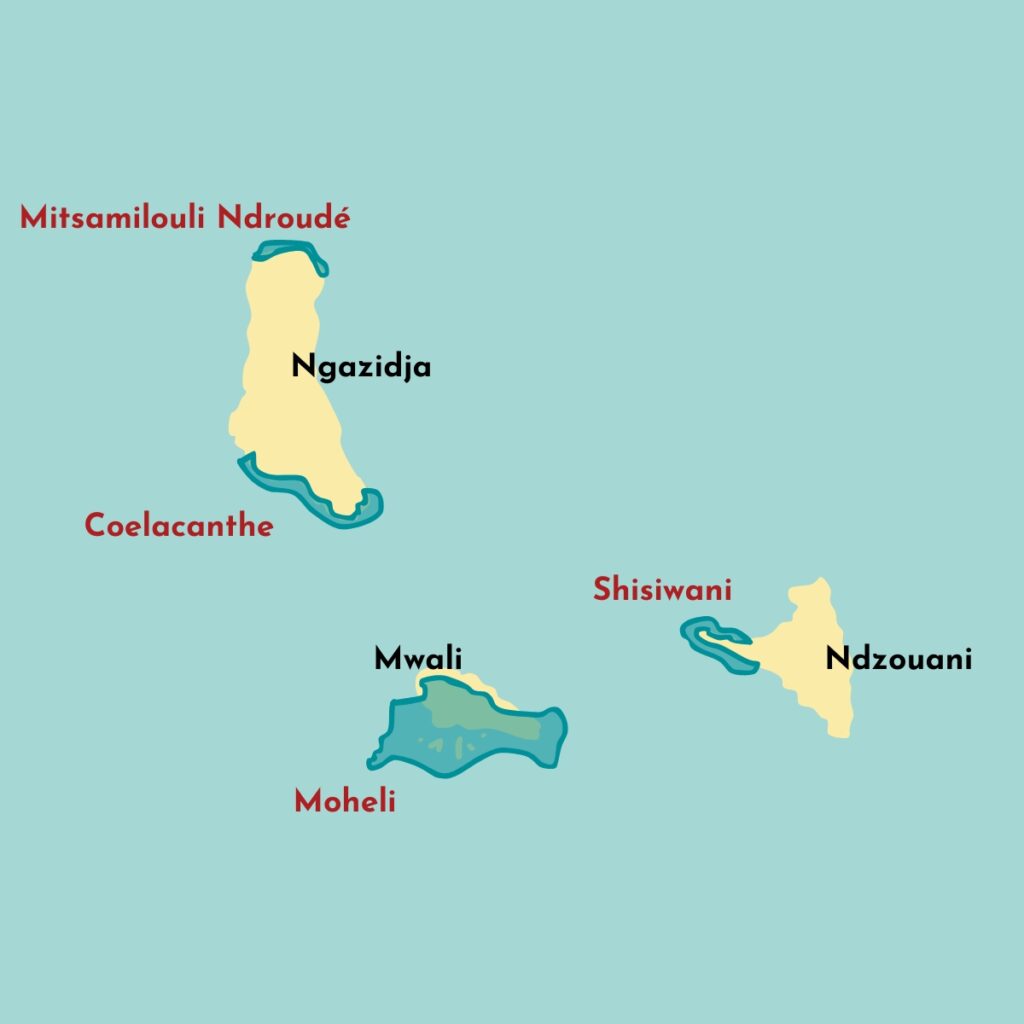
Fisheries in the Comoros play a vital role in the country’s food security and economy. In 2020, approximately 20,000 tons of fish were landed, providing an annual average of 25 kg of fresh fish per capita (Dabat, M-H., Avadí, A., Sfez, P., Saïd, M. 2023), a significant source of protein.
Fishing is predominantly artisanal, falling into three main categories: Motorized boat fishing, focusing on pelagic species such as tuna using trolling methods, Foot fishing, primarily carried out by women, targeting octopus, reef fish, and shellfish, Non-motorized boat fishing, targeting coastal and demersal species.
Most of the catch is consumed locally, predominantly through informal markets.
The sector faces numerous challenges:
- Human-induced pressures, such as overfishing and habitat degradation caused by unsustainable fishing practices, exacerbated by land-based and marine pollution.
- Climate change impacts, including extreme weather events.
- Limited access to equipment and fuel, and high operating costs, which restrict fishing activities to coastal areas.
- Competition with industrial fishing in Comorian waters.
Numerous measures are in place to tackle those issues:
- The presence of 4 marine national parks, including 3 created in 2022, which represent a significant part of the territory.
- Collective management of resources exists in the Comoros, with 9 co-management agreements to date involving a wide range of stakeholders and enabling, in particular:
- Restoration of mangroves
- The implementation of spatial/temporal fishing management measures such as biological rest for octopus, the banning of nets and guns in parks, and the banning of iron hooks on octopus fishing sticks.
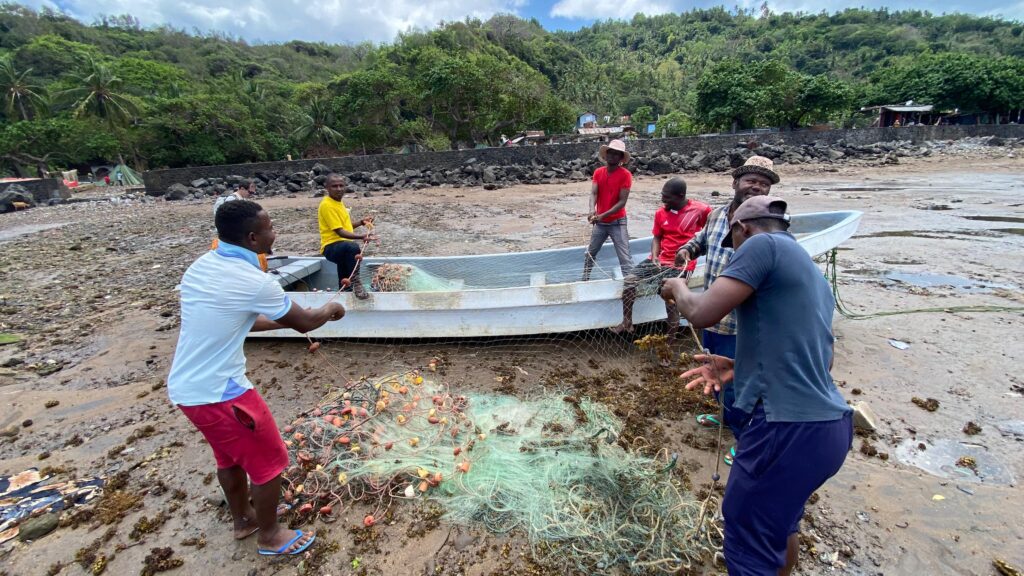
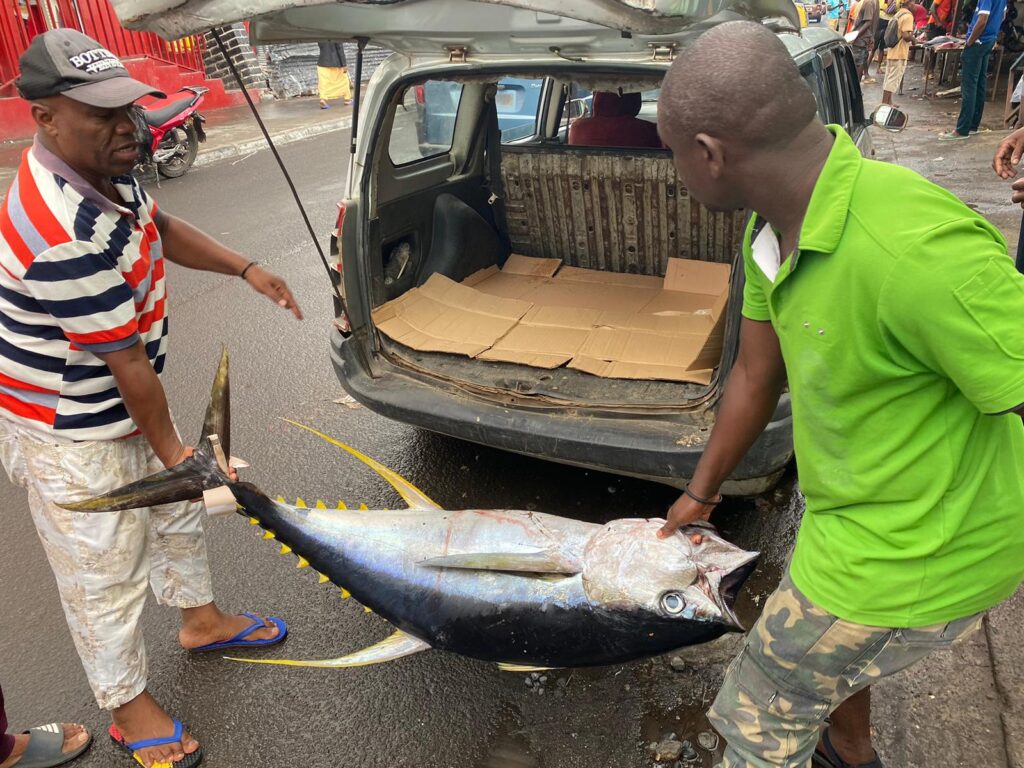
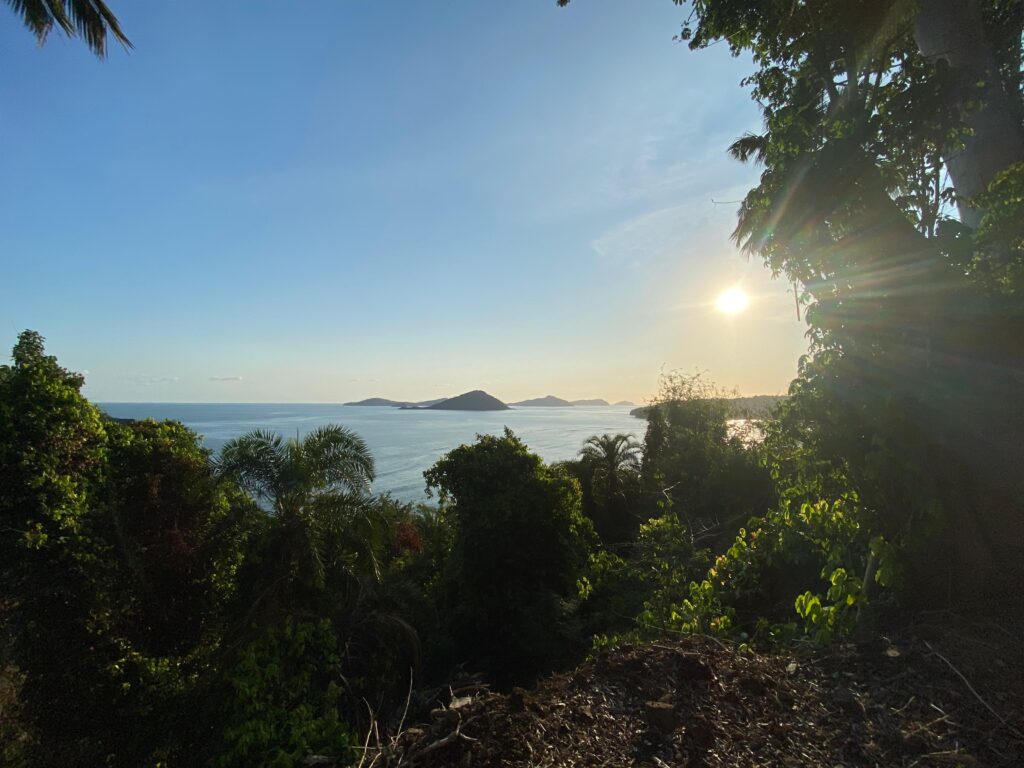
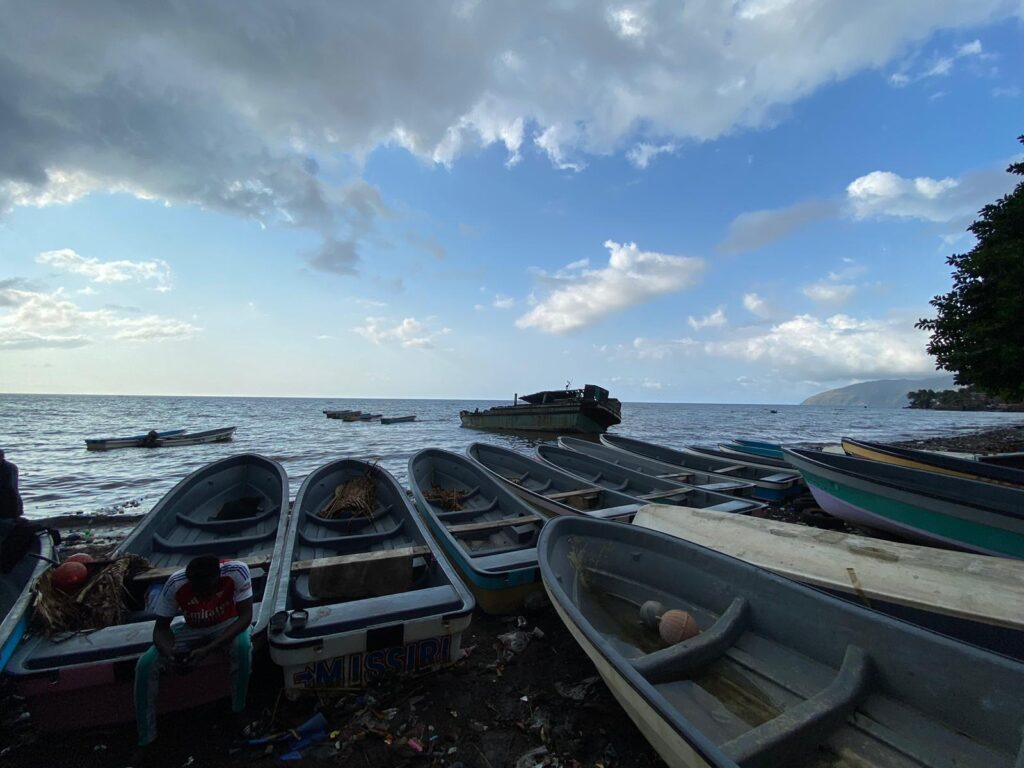
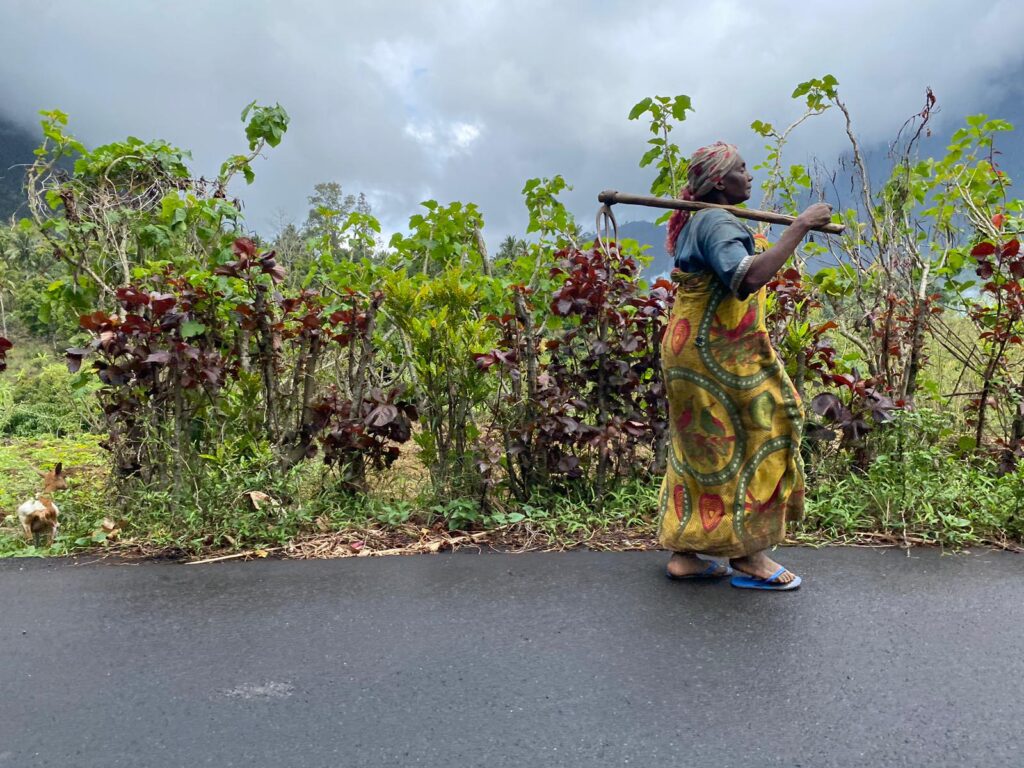
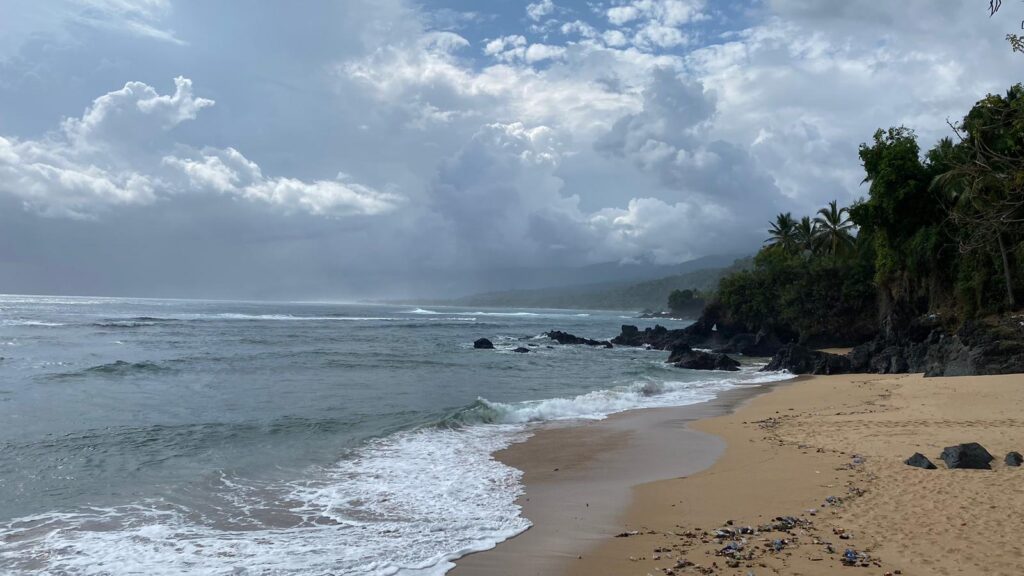
photo credit: @BRIDGES – Quentin Scull – 2024
List of Stakeholders Engaged
Institutions:
- University of the Comoros (FST)
- Laboratory of Marine and Coastal Sciences (LSML)
- University Center of Patsy
- National Institute for Research on Agriculture, Fisheries, and Environment (INRAPE)
- National Center for Scientific Documentation and Research (CNDRS)
- General Directorate of Fisheries Resources (DGRH)
- General Directorate of Environment and Forests (DGEF)
- Regional Directors of Fisheries (DRP) and Environment and Forests (DREF) in Anjouan
- DREF and DRP in Mohéli
- Mohéli National Park
- Shisiwani National Park
- Mitsamiouli-Ndroudé National Park
- Coelacanth National Park
NGOs and Associations:
- CORDIO
- DAHARI
- IUCN ReSea Project
- ADSEI Association in Itsamia
International Development Institutions Present in the Comoros:
- French Embassy
- European Union Delegation to the Comoros
- French Development Agency (AFD)
- Expertise France
Fishing Professionals:
- Informal discussions with fishers in Mutsamudu, Anjouan.
- Informal meeting with the president of the local fishing committee in Vassy, Anjouan.
- Informal discussions with fishers in Wanani (Sambia Beach), Mohéli.
For additional information, please contact:
Thomas Claverie: thomas.claverie@univ-reunion.fr
Nadjim Ahmed Mohamed: nadjoh_51@outlook.com
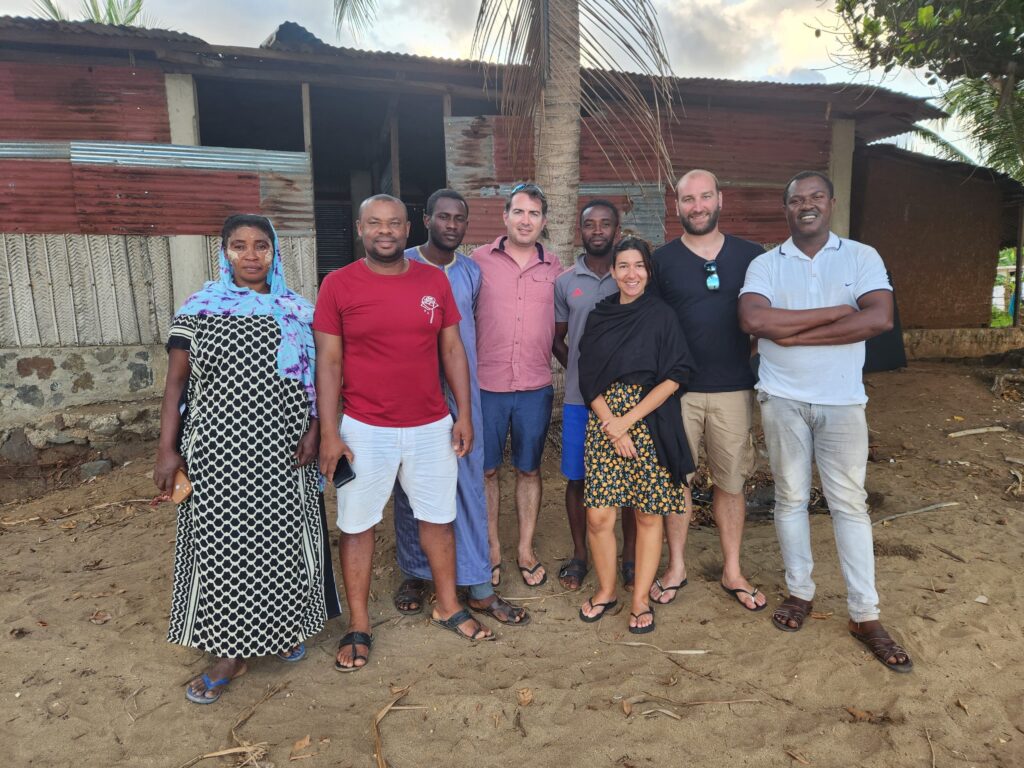
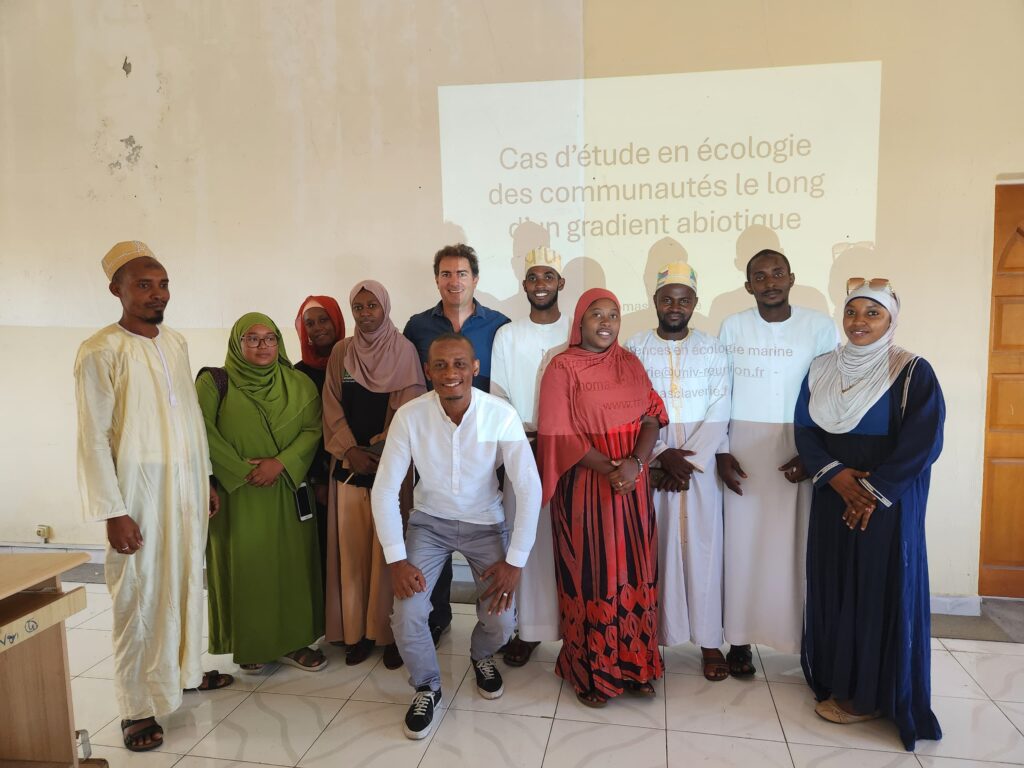
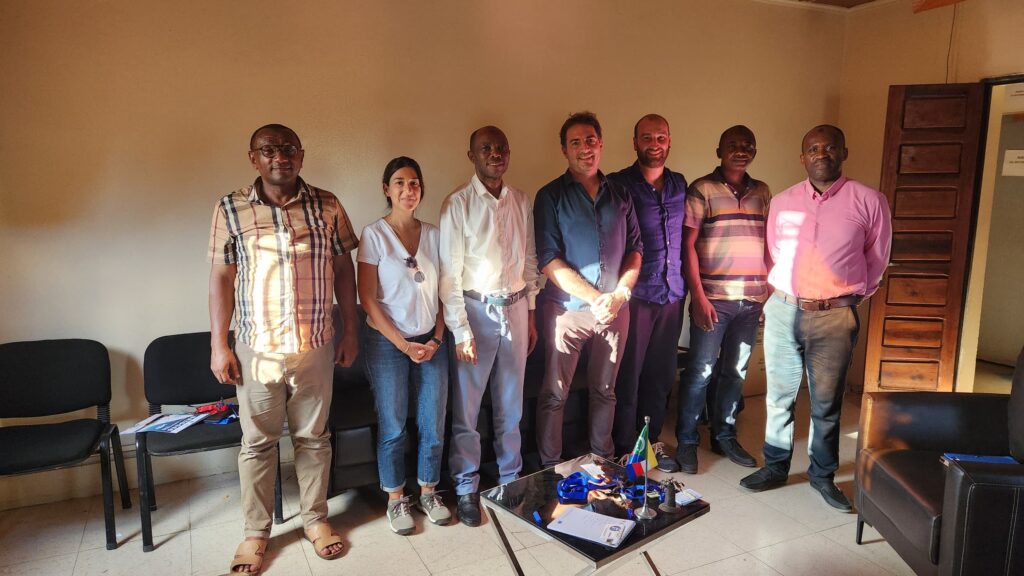
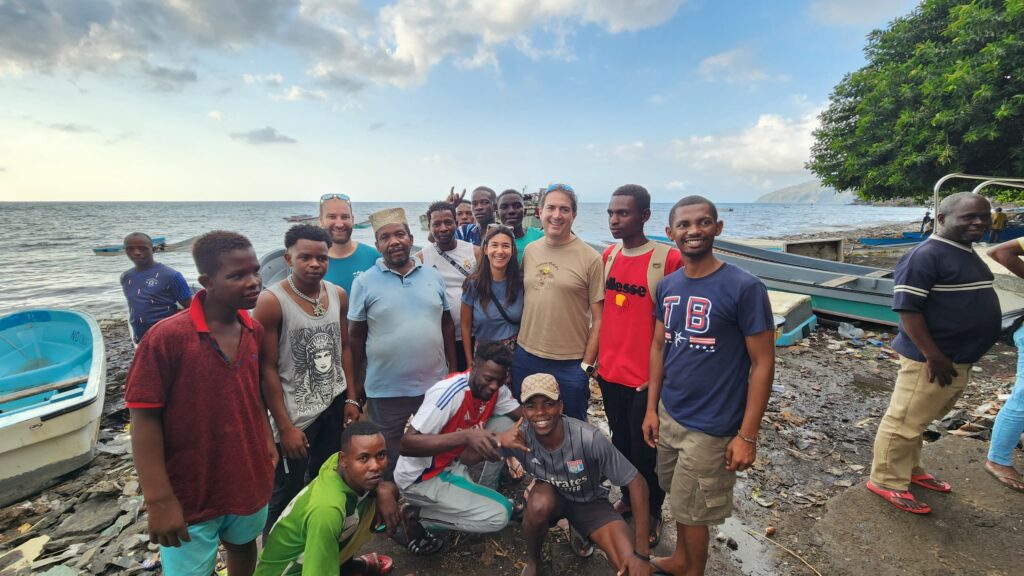
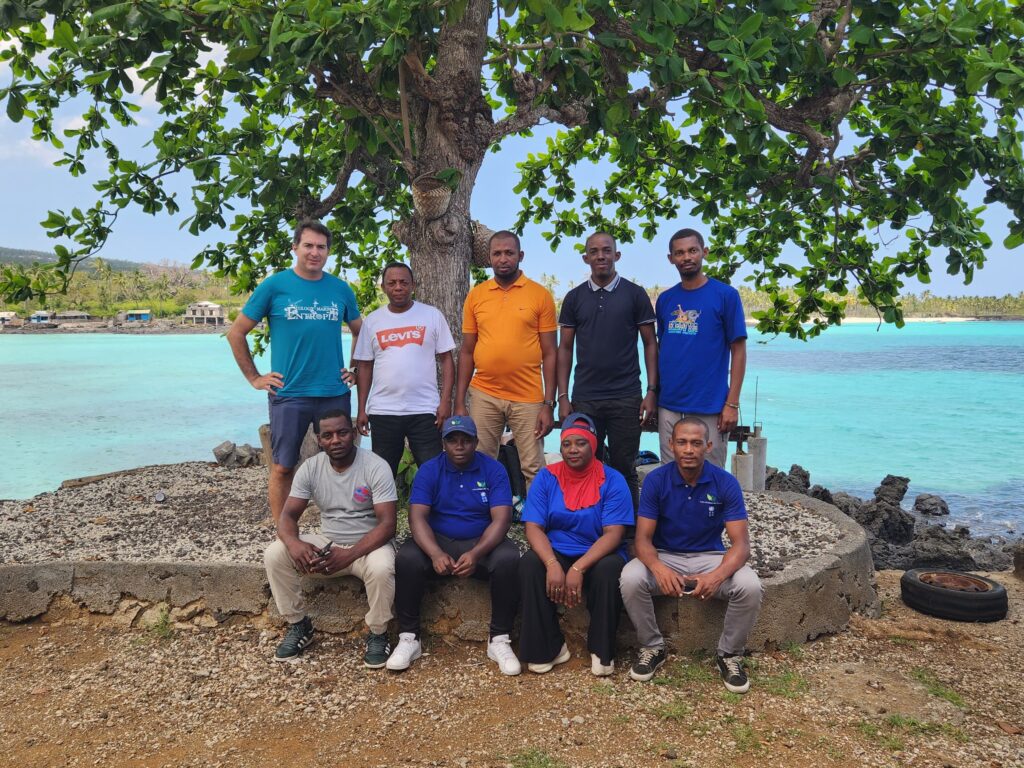
photo credit: @BRIDGES – Quentin Scull – 2024
Thomas Claverie and Nadjim Ahmed Mohamed missions were supported by the International Relations Department of the University of La Réunion.
More news News

